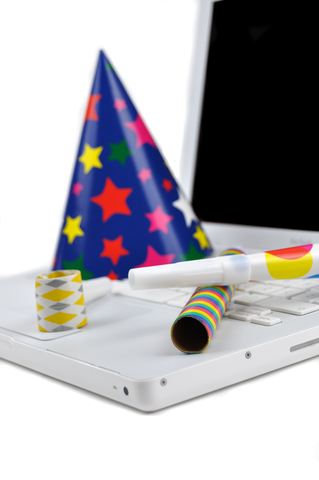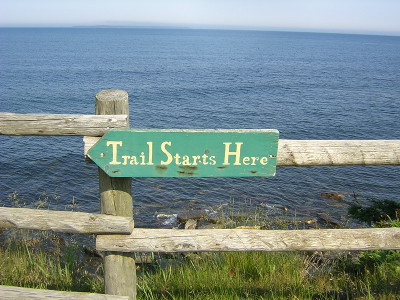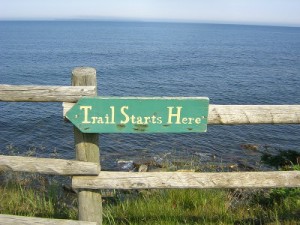 Last week I wrote about focusing on one task. The three steps to put your focus on the one thing you’re working on right now.
Last week I wrote about focusing on one task. The three steps to put your focus on the one thing you’re working on right now.
Well, I set up one day last week with no appointments so I could have the day to only get stuff done. Many of the items on my list that day where 30 minute tasks or less. So, I had about 15 items on my list.
Normally, I would tell a client (and myself) that 15 tasks are too many things! However, they were small tasks and I was pretty sure that there was enough time to do everything.
When I sat down at the beginning of the day, even though I knew they were smaller tasks, I wondered how I was possibly going to get everything done. It was a bit overwhelming to look at that list!
I reread my post for the week and decided to pull out my sticky notes. On those, I wrote the tasks that I wanted to complete in the next two hours. I wrote down four things, stuck it on top of my list of 15 and went to work. Somehow just looking at that smaller list was a lot more reassuring.
I didn’t have to have everything done now. I was able to focus on the current task and then move on to the next one quickly.
At the end of the day I didn’t have everything done. However, I learned a bit about what not to do in my day (don’t schedule reading a book, even a business book, after lunch because I won’t put it down after my allotted reading time is complete). And left enough wiggle room in that day’s and the next day’s schedule that it didn’t completely throw me for a loop the rest of the week.
And, when I reviewed what I accomplished, I felt extremely satisfied! I was able to get a lot done and address my overwhelm in a constructive way.
Because I like bullet points, this is the take away from my experience:
- If your list looks too long and overwhelming, break it into smaller pieces. What will you finish in the next 2 hours?
- Leave some buffer time in your day. Tasks can take longer than you anticipate or unexpected tasks or other things pop up. When you leave yourself some buffer time you’re able to absorb the unknown without it throwing you for a loop.
- Review your day and make a note of what did and didn’t work that day. Use that knowledge of how you work best (or don’t work best) in future planning.
- Review your day for your successes (or wins). We often forget this part. Pat yourself on the back for the things you accomplished, whether they are the tasks you completed, the way a situation was handled or the way you handled or managed yourself.
Basically, a successful day can be broken up into three parts: preparing, doing and reviewing (with today’s focus being on the preparing and reviewing).
Where do you get hung up with getting things done? Let me know in the comments below!









